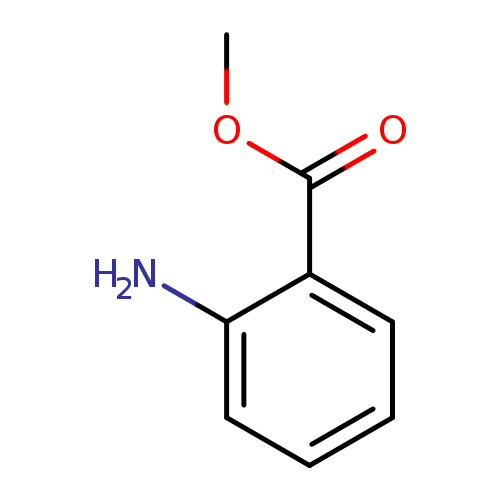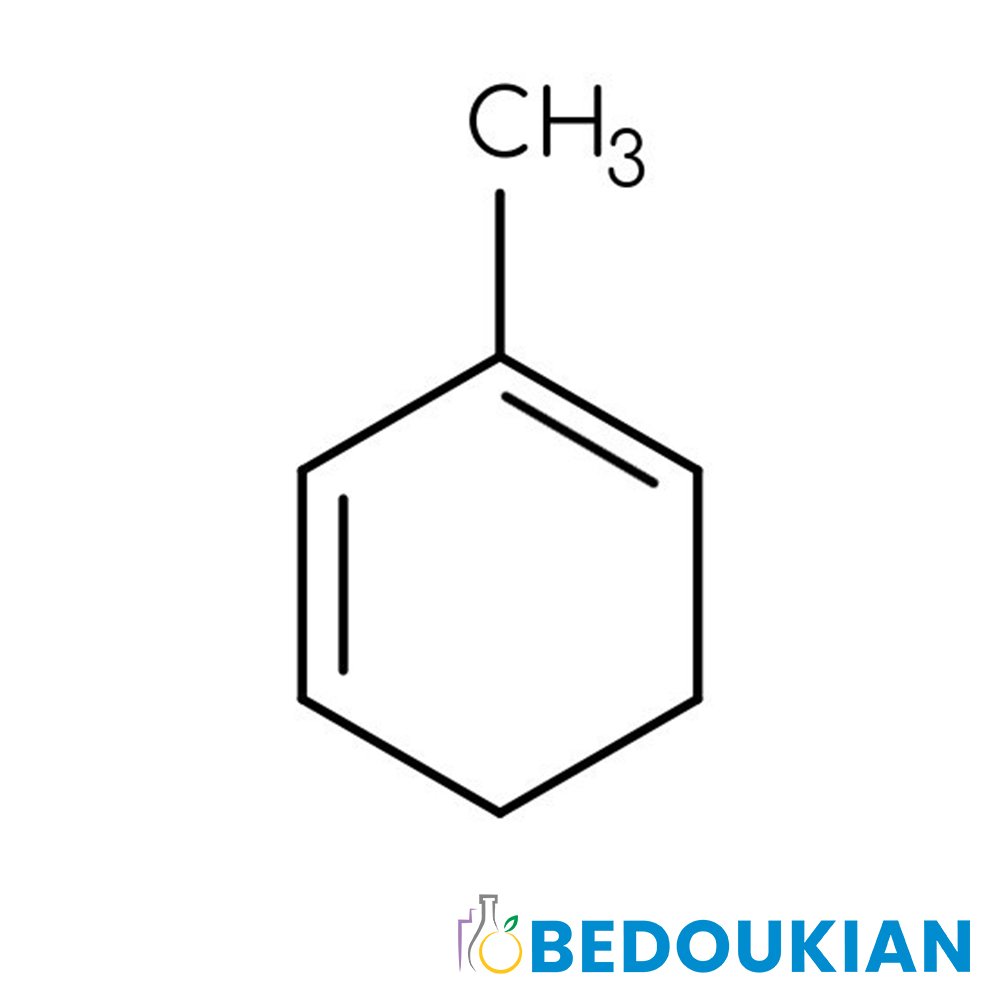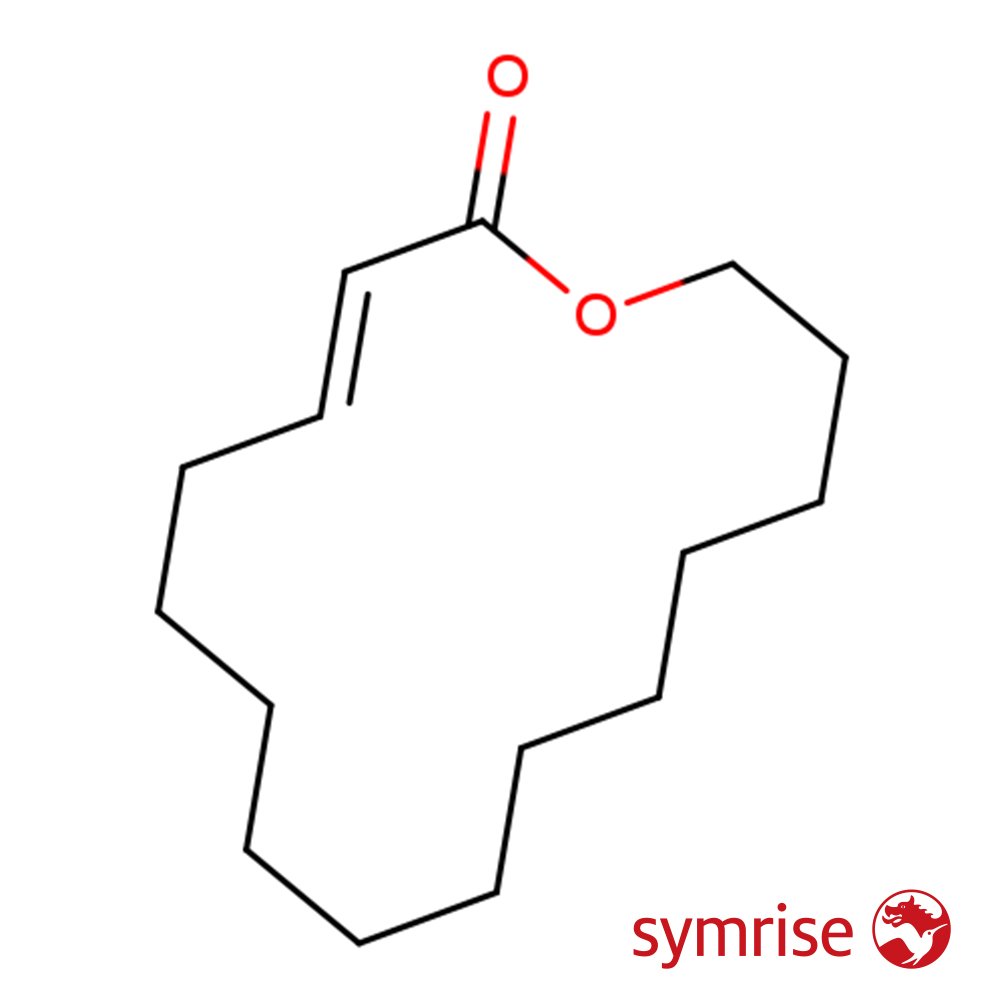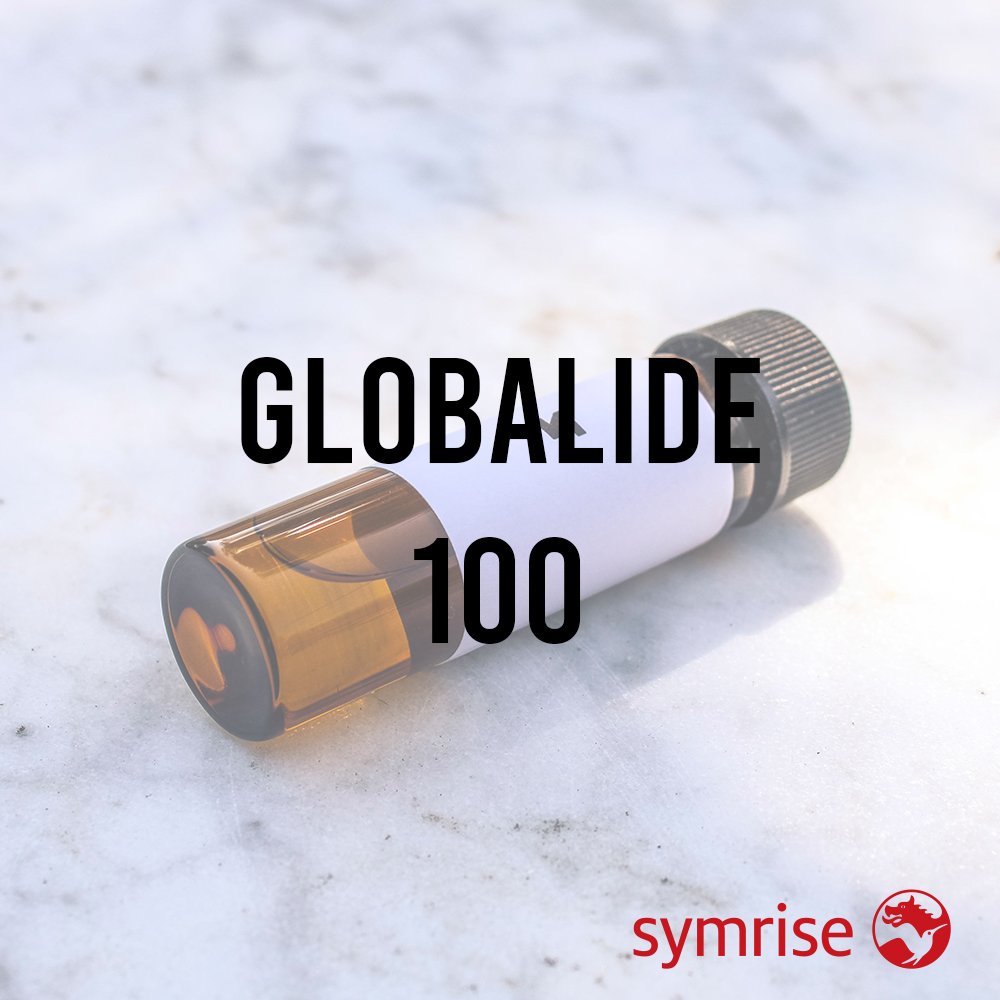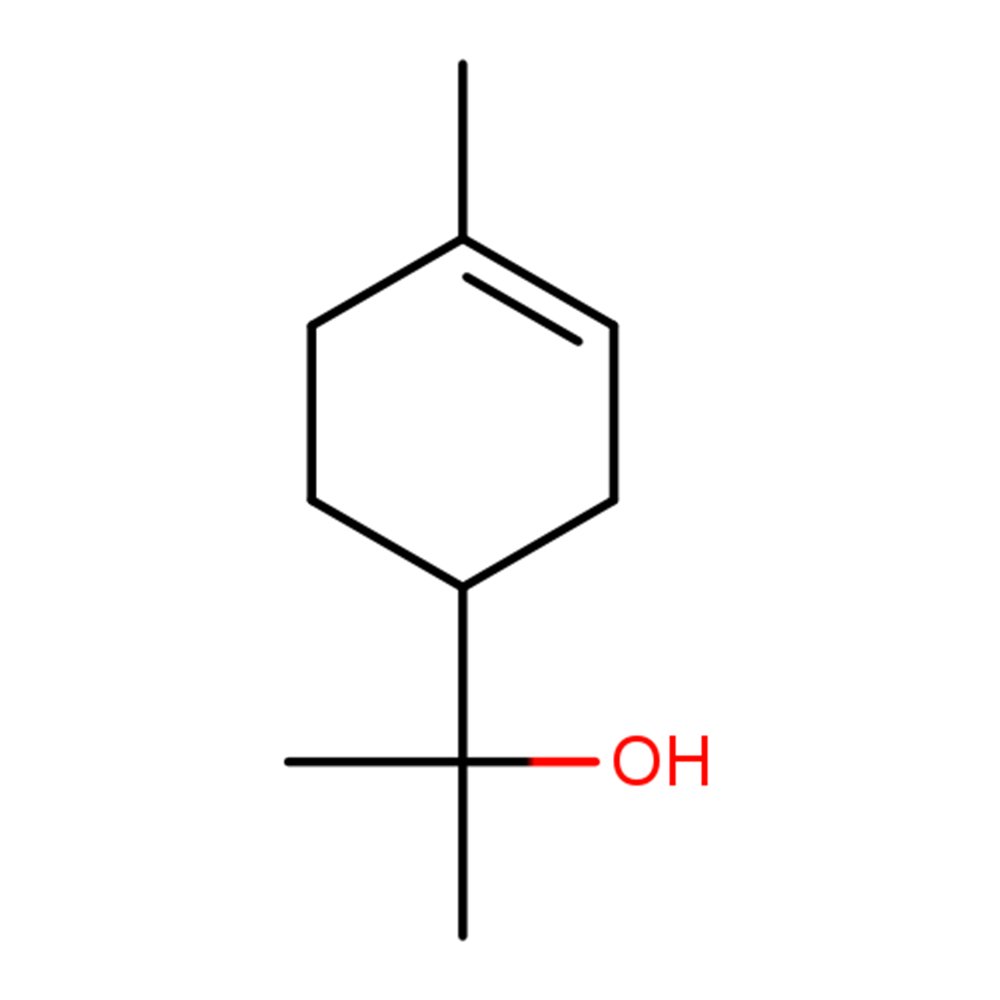Methyl Anthranilate
Premium Synthetic Ingredient for Perfumery
Methyl Anthranilate is a synthetic ester used extensively in perfumery for its powerful fruity-floral character. Characterized by a medium-intensity, narcotic scent profile, it evokes Concord grape, orange blossom, and neroli with an unmistakable “closet-like” naphthalene nuance. Functionally, it serves as a modifier and sweetness enhancer, notably in exotic white floral compositions and fruity accords. It also plays a role in flavoring, particularly in grape and berry-type notes.
Premium Synthetic Ingredient for Perfumery
Methyl Anthranilate is a synthetic ester used extensively in perfumery for its powerful fruity-floral character. Characterized by a medium-intensity, narcotic scent profile, it evokes Concord grape, orange blossom, and neroli with an unmistakable “closet-like” naphthalene nuance. Functionally, it serves as a modifier and sweetness enhancer, notably in exotic white floral compositions and fruity accords. It also plays a role in flavoring, particularly in grape and berry-type notes.
Premium Synthetic Ingredient for Perfumery
Methyl Anthranilate is a synthetic ester used extensively in perfumery for its powerful fruity-floral character. Characterized by a medium-intensity, narcotic scent profile, it evokes Concord grape, orange blossom, and neroli with an unmistakable “closet-like” naphthalene nuance. Functionally, it serves as a modifier and sweetness enhancer, notably in exotic white floral compositions and fruity accords. It also plays a role in flavoring, particularly in grape and berry-type notes.
Synthetic Ingredient Overview
📂 CAS N° — 134-20-3
⚖️ MW — 151.15 g/mol
📝 Odor Type — Narcotic, Fruity
📈 Odor Strength — Medium
👃🏼 Odor Profile — Grape, orange blossom, neroli, sweet, musky, with naphthalene and medicinal facets
👅 Flavor Profile — Sweet, fruity, Concord grape-like, with musty and berry nuance
⚗️ Uses — Enhancer for floral (neroli, jasmine, tuberose), exotic, and fruity compositions; widely used in grape and cherry flavoring
🧴 Appearance — Clear to pale yellow liquid
What is Methyl Anthranilate?
Methyl Anthranilate (methyl 2-aminobenzoate) is the methyl ester of anthranilic acid, forming a colorless to pale yellow liquid with weak solubility in water and strong solubility in ethanol. Its molecular formula is C₈H₉NO₂. It is synthesized through esterification processes and is widely available as a synthetic aroma chemical. Fluorescent under UV light, it emits a potent Concord grape aroma even at low concentrations, making it highly effective in both perfumery and flavoring contexts.
Olfactory Profile & Perfumery Applications
In perfumery, Methyl Anthranilate is used at low concentrations to impart a narcotic, floral-fruity tone. Its olfactory character is rich and unmistakable: it opens with a dominant grape note supported by neroli and orange blossom facets. Upon drying down, it leaves a persistent musky-floral sweetness, ideal for white florals and tropical bouquets.
It is especially valued in:
Neroli & Orange Blossom types: Enhances warmth and sweet floral depth
Exotic florals: Complements tuberose, gardenia, wisteria, and jasmine
Oriental florals: When blended with indoles or musks, it mimics civet or warm jasmine bases
Schiff base creation: Commonly reacts with hydroxycitronellal to form Aurantiol, a powerful jasmine-like accord builder
Industrial & Flavor Applications
Methyl Anthranilate is widely used as a flavoring compound, particularly in:
Concord grape and artificial berry flavors (e.g., Kool-Aid, sodas, chewing gum)
Cherry, plum, and blueberry flavorings
Tobacco flavoring, especially for oriental types
Insect and bird repellents, due to its sensory deterrence at high concentrations
Its natural occurrence spans across essential oils from bergamot, jasmine, mandarin, orange, strawberry, black locust, and ylang ylang. It is also a known contributor to natural apple aroma along with ethyl acetate and ethyl butyrate.
Regulatory & Safety Overview
FEMA N°: 2682
IFRA Compliance: Permitted in perfumery within defined limits. Schiff bases such as Aurantiol must be evaluated separately.
Toxicology: Generally regarded as safe (GRAS) at flavor concentrations; known to exhibit low aquatic toxicity.
Irritation: Minimal sensitization risk; caution advised for skin-contact products at high concentrations.
Stability: Sensitive to oxidation; should be stored in cool, dark conditions
Additional Information
Natural Presence: Occurs naturally in Concord grapes (Vitis labrusca), strawberries, oranges, champak, neroli, tuberose, and more.
Chemical Interactions: Forms Schiff bases with aldehydes (notably Aurantiol with hydroxycitronellal) used for jasmine/orange flower effects.
Other Names: Methyl 2-aminobenzoate, carbomethoxyaniline
Sources
National Center for Biotechnology Information (PubChem CID: 8635)
Perfume and Flavor Chemicals, S. Arctander
FEMA GRAS Database
Scentspiracy Internal Archives – Fulvio Ciccolo (2021)
